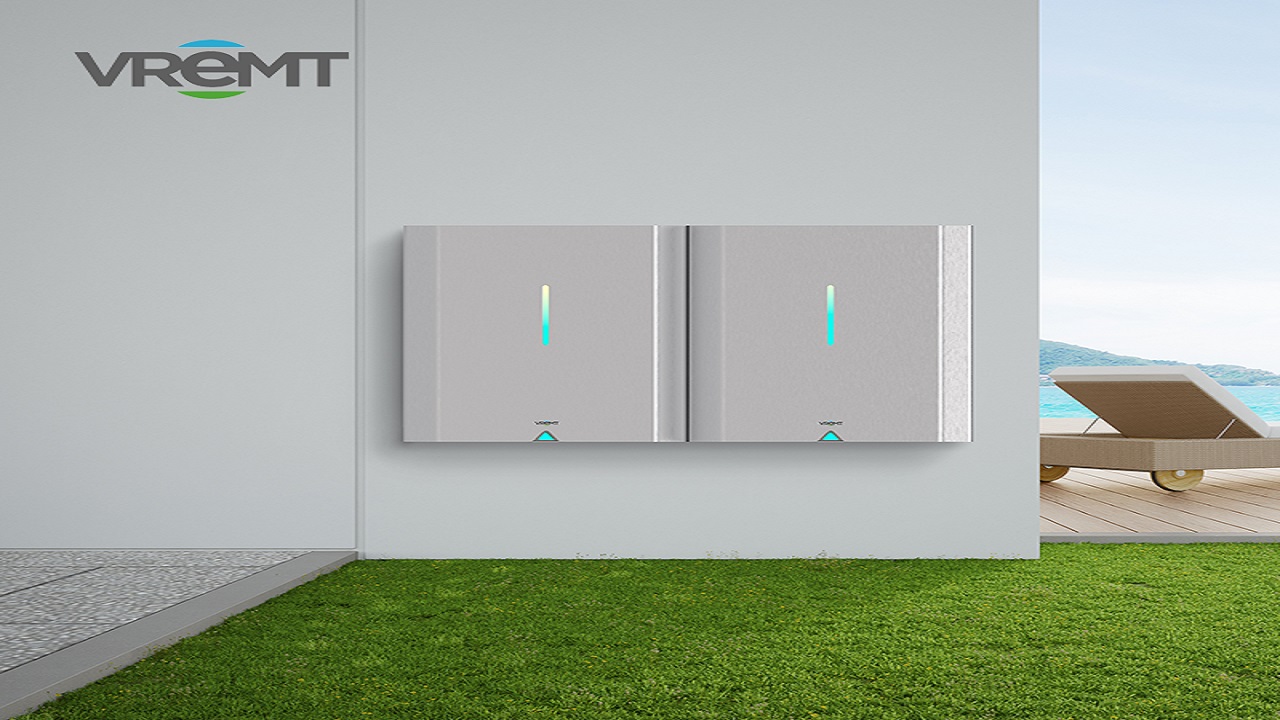The need for energy is increasing steadily in our quickly changing world, which highlights the critical need for creative solutions to deal with the problems associated with both energy production and consumption. The creation of highly integrated energy storage products is one of the most exciting developments in this field. These sophisticated systems play a pivotal role in reshaping the landscape of energy management, offering a myriad of benefits that contribute to sustainability, efficiency, and resilience. The integration of advanced control algorithms allows for real-time monitoring and adjustments, enhancing the overall efficiency of the ess energy storage system.
Seamless Energy Management
Highly integrated energy storage products bring about a revolution in seamless energy management. These systems efficiently store excess energy during periods of low demand and release it when demand peaks. This dynamic balancing act not only ensures a stable and reliable energy supply but also optimizes the utilization of renewable energy sources.
Grid Stability and Reliability
The reliability and stability of the grid are improved by the integration of energy storage products. These systems aid in preventing power outages and grid failures by serving as a buffer during variations in energy production or unforeseen spikes in demand. This enhanced resilience is especially important given the rising percentage of energy from renewable sources that are sporadic, like wind and solar energy. The capacity to store energy when output surpasses demand and release it when supplies are low is a major factor in keeping the energy grid steady and dependable.
Cost Savings and Economic Viability
One of the standout benefits of highly integrated energy storage products is their potential for cost savings. These systems allow businesses and utilities to take advantage of off-peak electricity rates by storing energy when it is less expensive and utilizing it during peak demand periods. In addition to lowering operating expenses, this load-shifting feature helps make renewable energy sources economically viable. These integrated solutions become even more appealing from an economic standpoint as energy storage technologies continue to decrease in cost.
Environmental Impact and Sustainability
In the pursuit of a greener and more sustainable future, highly integrated energy storage products play a pivotal role in reducing the environmental impact of energy production. These systems help the worldwide effort to combat climate change by encouraging the use of sources of clean energy and reducing the reliance on fossil fuels. Additionally, the efficient management of energy through storage technologies helps optimize resource use and minimize waste, aligning with the principles of sustainable development.
Decentralized Energy Systems
The deployment of highly integrated energy storage products supports the development of decentralized energy systems. These systems empower individual homes, businesses, and communities to generate, store, and manage their energy locally. By reducing dependence on centralized power plants and long-distance transmission lines, decentralized energy systems enhance energy security and resilience, particularly in remote or underserved areas.
Conclusion
In conclusion, the benefits of highly integrated energy storage products extend far beyond the immediate advantages of grid stability and cost savings. These systems represent a cornerstone in the transition to a sustainable and resilient energy future. As technological advancements continue to drive innovation in this field, the integration of energy storage products will undoubtedly play a pivotal role in shaping the energy landscape for years to come, ushering in an era of efficiency, reliability, and environmental responsibility.

